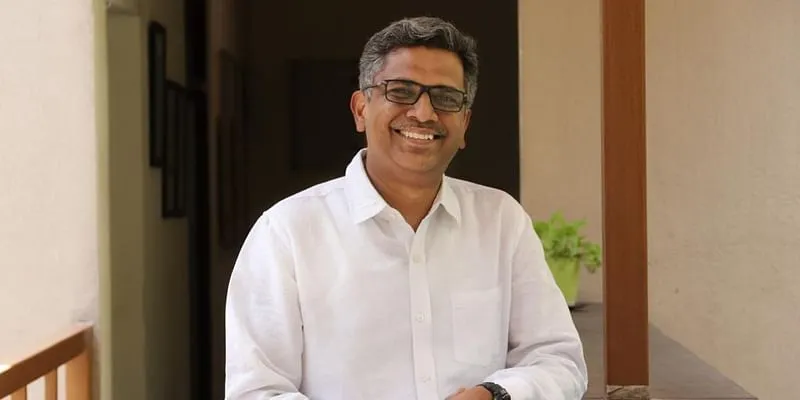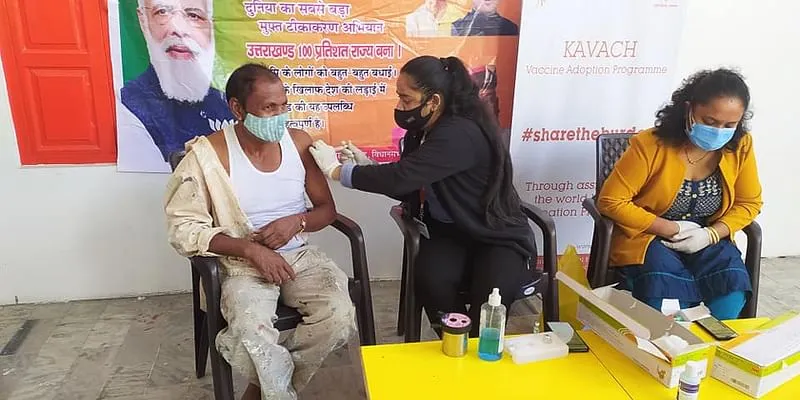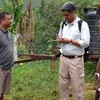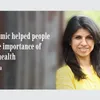How SEEDS is ensuring 100 pc COVID-19 vaccination among marginalised communities in India
Last year, SEEDS launched a vaccine adoption programme Kavach to help marginalised and vulnerable communities get COVID-19 vaccination.
Earlier this year, senior citizens (above the age of 60) and frontline workers became eligible for the COVID-19 booster dose, right before the third pandemic wave, caused due to the Omicron variant.
The mass vaccination drive — which started last year — has seen 166.68 crore COVID-19 vaccines administered to date.
Helping in this endeavour is SEEDS (Sustainable Environment and Ecological Development Society) — a disaster management not-for-profit organisation — which launched a vaccine adoption programme called, Kavach.
“To increase the vaccination outreach, SEEDS is reaching out to the most marginalised and vulnerable communities who had difficulties in accessing vaccines through its Kavach programme. So far, we have been successful in mobilising over one million people. Our team of over 700 volunteers is working on the ground to create 100 percent vaccinated neighbourhoods,” Manu Gupta, Co-founder, SEEDS, tells SocialStory.

Manu Gupta, Co-founder SEEDS
Initiated in March 2021, the programme is implemented in the districts of East Delhi, Pune, Sangrur, Kosi Kalan, Ranga Reddy, Chandel, Jorhat, Srinagar, Khandwa, Raigad, and Dehradun, among others.
Founded in 1994, the New Delhi-headquartered organisation enables community resilience through practical solutions in areas, including disaster readiness, response, and rehabilitation.
For the last 28 years, the organisation has been part of the rehabilitation process during every major disaster in the Indian subcontinent.
COVID-19 relief work
In 2020, there was huge desperation among people when the COVID-19 pandemic started. “The whole population, especially in smaller towns, were in trauma, and most of them have lost or left everything they had till then,” Manu says.
During the nationwide lockdown, SEEDS reached out to one lakh underprivileged and vulnerable communities in seven states — Kerala, Maharashtra, Odisha, Bihar, Delhi, Uttarakhand, and Karnataka.
As a first step, it distributed dry rations and hot meals to the needy. It also provided basic hygiene kits for migrants at isolation centres.
At the time, SEEDS wanted to mitigate the impact on the poorest and most vulnerable — the bottom one percent of society. The long-term consequences of the pandemic — the direct impact of the disease and the economic impact of the lockdowns — were affecting them the most.
Amidst the second COVID-19 wave in May 2021, SEEDS committed to procuring and disbursing over 1,000 oxygen concentrators, 2,000 pulse oximeters, and 20 oxygen generators in the Delhi-NCR region and Uttarakhand.
Besides, the organisation also worked with state governments in setting up 10 well-equipped COVID-19 care and isolation centres as a decentralised solution in Bengaluru, Delhi, Gurugram, Howrah, Hyderabad, Mathura, Mumbai, Pune, and Sangrur, for the most marginalised communities.
Getting people vaccinated
Manu says, “By June 2021, we realised vaccines were the only way out of this. There were a lot of people in rural areas who were not tech-savvy; who did not have a smartphone to even get them registered in the vaccination process.”
As a part of this, SEEDS engaged local neighbourhoods to help them get registered for vaccination on CoWIN and Aarogya Setu apps and ensured they got both the vaccine doses.

Under the Kavach programme, SEEDS identified a large segment of local communities who were not vaccinated and held meetings with community leaders and stakeholders for vaccination plans of their village, ward, or locality.
In fact, it trained community volunteers on best practices for vaccine adoption.
Further, SEEDS initiated context-based language-sensitive awareness campaigns, using guidelines issued by the Ministry of Health and Family Welfare (MoHFW) and state governments and organised a mobile registration kiosk to share the benefits of the vaccination and the process.
It also held a door to door registration campaign to organise vaccination camps in collaboration with the local government.
To date, SEEDS claims to have helped more than 3.4 lakh people get COVID-19 vaccines — over 1.73 lakh people partially vaccinated and about 1.42 lakh people fully vaccinated.
Vaccine hesitancy
According to SEEDS, vaccine hesitancy is one of the major challenges among the populace.
“The government and various agencies have made relentless efforts to fight the pandemic. The vaccination drive has augmented these efforts, especially towards challenges like access in remote areas and vaccine hesitancy,” Manu says.
To overcome this, SEEDS — with the help of its volunteer network — conducted workshops based on the government guidelines, citing examples of people who survived the coronavirus with less severity after getting vaccinated. The organisation also sponsored vaccines through CSR support by paying the hospitals.
According to Manu, in the coming months, SEEDS will focus on getting children vaccinated.
Edited by Suman Singh








